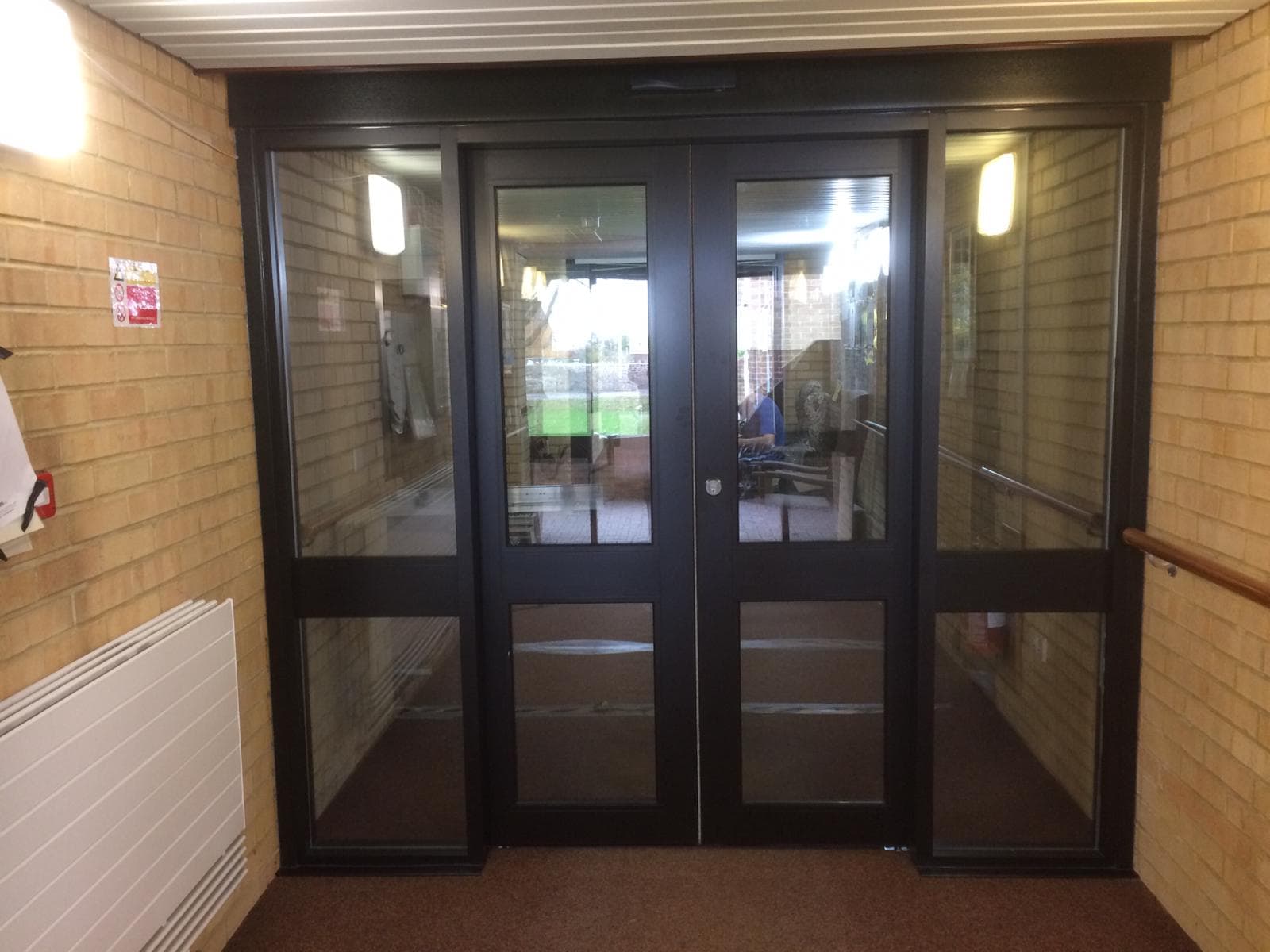How to Make Sure Your Doors are DDA Compliant

The DDA or Disability Discrimination Act, brought in a raft of new laws designed to improve the lives of people living with disabilities. Many of these rules affect the way that builders can construct buildings, including various aspects of doors.
The DDA requires that all public buildings provide access for people with disabilities (with a few exceptions). In this context, “public buildings” refer to shops, leisure facilities, community hubs, restaurants, and shared occupancy homes. At least one external door needs to provide disabled access under DDA rules, thereby affecting the construction of security doors UK. Additionally, the space around the door needs to be suitable for inclusivity. This means that there needs to be a gap between the arc of the door opening and the wall of at least 300mm to allow wheelchair users to position themselves to open the door unassisted (unless the door is electrically operated).
Why Do Doors Need To Be Accessible?
In the modern age, it is critical for businesses to install DDA-compliant doors. Currently, there are more than 8.6 million people registered as disabled living in the UK and more than 10 million people over the age of 64. Estimates suggest that businesses that do not provide disabled access collectively lose more than £50 billion each year.
Doors also need to be accessible from a legal perspective. Local authorities may issue fines to qualifying premises that fail to provide accessibility. They may also insist that owners carry out necessary work to comply with the DDA.
Although it might seem like an unnecessary investment, building DDA door features into the fabric of your building can actually help strengthen your organisation in the long term. You can attract more customers and do more business.
Both residential and commercial settings can benefit from DDA compliance. For instance, a landlord offering tenancies in shared accommodation increases the pool of available renters by making the property’s doors DDA compliant. Wheelchair users are much more likely to consider renting a home that caters to their needs. Offices can benefit too. Disabled workers are much more likely to apply for positions when they can access the building easily via suitable doors.
A Closer Look At Some DDA-Compliant Doors
UK Fire and Security Doors manufactures a range of DDA-compliant doors to meet the requirements of your buildings and projects. Signature doors, for instance, provide a wide opening and sufficient space for wheelchair users to open them without assistance. They also come in a range of hardware, styles, locks and colours, designed to help protect against anti-social behaviour, intruders and vandalism.
Doors are certified to various additional standards, including ISO 9001, CHAS, Construction Line, BM Trada - Q Mark and Secure by Design. Many come with helpful fixed windows on either side to allow you to see who is coming and going and activity outside of the door itself.
All Signature doors in our range are made of high-security aluminium. These are ideal for communal areas and suitable for replacing existing non-DDA-compliant front doors.
UK Fire and Security Doors can create bespoke safety doors for businesses with special requirements, such as those with irregular entry areas or operating in high-crime locations. Consultants from our team work with you to design the best doors for your setting, taking into consideration your footfall requirements and other factors.
Before choosing a door, you’ll need to consider several factors, such as whether you plan on fitting a door to the inside or outside of your property. In most cases, Signature doors are the best option for external doors. However, if you require doors for heated corridors or rooms, then you should use our ThermSecure doors. These have exceptional thermal properties thanks to their polyamide inserts that help keep warmth in your building. They are also DDA compliant and come with finger guards to help protect against painful accidents.
You’ll also want to consider the current heating setups in your rooms and corridors. Internal spaces that do not have radiators or underfloor heating should opt for Signature doors as these provide the best tradeoff between strength and affordability. Rooms that do have heating options should use ThermSecure to improve insulation.
Access Control
Our doors come with a range of access control options which you can adjust, depending on your setup. We can supply doors with regular locks, keypad entry and intercom systems. We can also provide external, coded external lockboxes for keys to provide residence when a property manager or rep is not there to provide access to authorised personnel.
Looking for a New Build development partner? Here's why you should choose UK Fire and Security Doors
Have any questions?
Submit a form and we'll get back to you